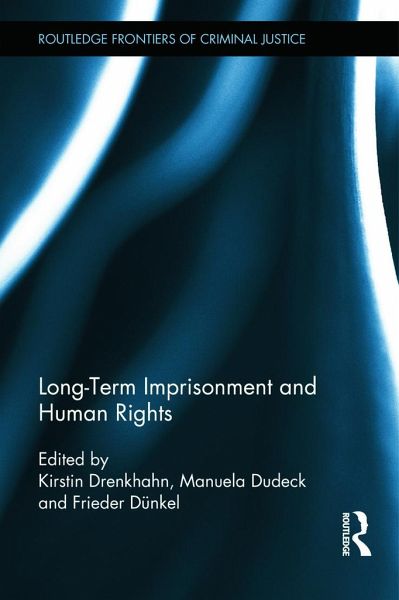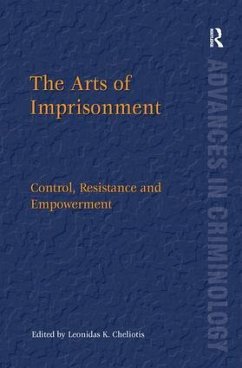
Long-Term Imprisonment and Human Rights
Versandkostenfrei!
Versandfertig in 1-2 Wochen
177,99 €
inkl. MwSt.
Weitere Ausgaben:

PAYBACK Punkte
89 °P sammeln!
This book presents cutting-edge research on the living conditions of long-term prisoners in Europe and considers whether these conditions meet international human rights standards. Bringing together leading experts in the field, with comprehensive coverage of the issues in Belgium, Croatia, Denmark, England, Finland, France, Germany, Lithuania, Poland, Spain and Sweden, this book offers the first comparative study on the subject.














